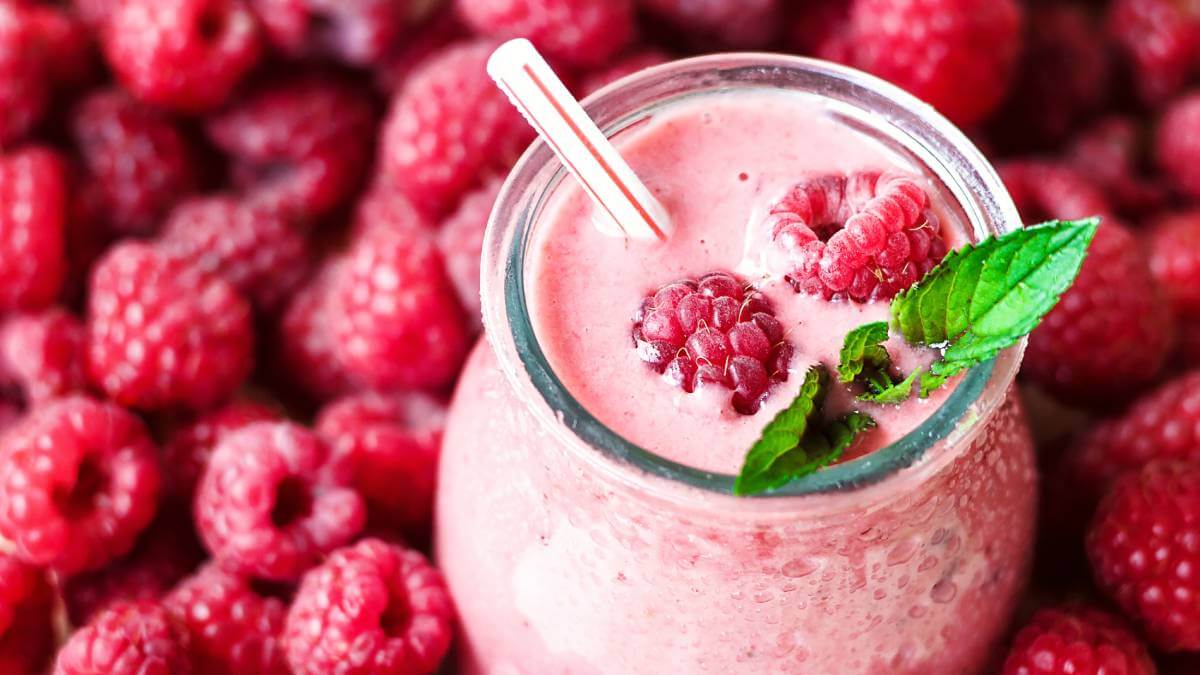We all experience anxiety at times. In most cases it’s a fairly mild episode of unease that passes quickly. In such instances you will usually know the cause – perhaps a public presentation or a heftier than expected bill.
But when the anxiety manifests as a regular attack, the effects on health can be debilitating. Identifying a cause in some cases can be difficult. And if the cause is unknown, treatment can be almost impossible.
However, as research in this field continues to expand, there appears to be one factor that plays a part – food. What we eat can have a significant effect on not just our physical health, but also our mental health.
Link between what we eat and anxiety
In recent decades, research has delivered revelations about what goes on inside us – specifically, in our gut. These revelations have in turn delivered us a new term – the gut-brain axis.
The exact definition of the gut-brain axis can vary slightly depending on which scientist you ask. In a 2015 paper published in the Annals of Gastroenterology, the authors defined it as follows: “The gut-brain axis (GBA) consists of bidirectional communication between the central and the enteric nervous system, linking emotional and cognitive centres of the brain with peripheral intestinal functions.”
That’s quite a mouthful. But in a nutshell, it tells us the communication link between the gut and brain is strong. And that link goes both ways. The brain is not just directing the gut, the gut is also influencing the brain. That influence takes in our emotions, including anxiety.
Notably, the paper tells of “emerging data support[ing] the role of microbiota in influencing anxiety and depressive-like behaviours”. In the years since, subsequent studies have strengthened the likelihood of a link.
Now we know that, what can we do about it?
The research into the gut-brain axis continues, to the point where studies are now pinpointing specific foods having an influence. Depending on the food, these influences can be positive or negative.
From here, the next step is to use this knowledge to modify our diet, thus promoting better health outcomes. In her new book, This Is Your Brain On Food, Harvard-trained psychiatrist Dr Uma Naidoo outlines some of the foods that can help ease anxiety. These include:
Yoghurt: Already well recognised as a very gut-friendly food, yoghurt may be doing even more good than we previously thought.
Oats, milk and chicken: The link between these three is vitamin B. “The B vitamins should be on the radar of anyone prone to anxiety as nearly all of them are important in its prevention,” Dr Naidoo says. Wholegrains, leafy green vegetables, nuts, seeds, lean red meat, poultry and fish are also good sources of B vitamins.
Berries: Regular consumption of berries has a powerful effect on lowering anxiety levels, says Dr Naidoo. “There’s plenty of research confirming that berries can protect against neurodegenerative diseases such as Alzheimer’s,” she says. “And the same neuroprotective effects do seem to improve anxiety for many people.”
Dr Naidoo also encourages the consumption of tea, bananas, nuts, seeds and oily fish, while warning against sugary foods.
Have we seen this before?
By now you may have noticed something familiar. The recommended foods for improved anxiety are a close match to those often cited as good for a physical health.
Which leads us to an almost inescapable conclusion – adopting a diet high in grains, fruits, yoghurt and the like gives us a great chance of a healthy life. Perhaps even one that is largely free of anxiety.
Do you suffer from anxiety? Have you found that what you eat makes a difference? Let us know via the comments section below.
Also read: What’s the link between the menopause and anxiety?

